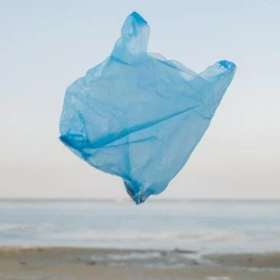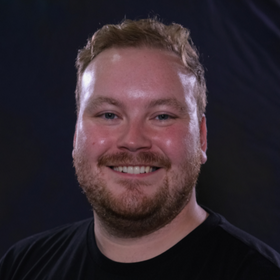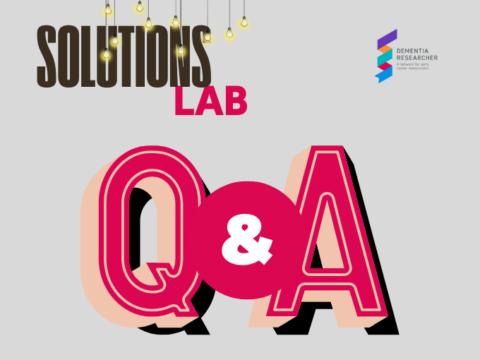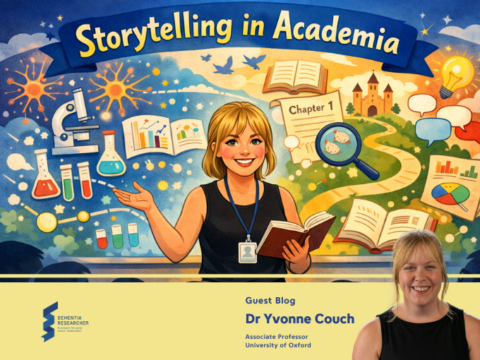In this first blog of 2023, I wanted to talk about something that characterised my research in 2022, feeling I was drifting in my career. Before writing this blog I asked myself a few questions:
- What contributed to that feeling of drifting both in my personal and work life?
- What were the highs and lows throughout?
- Do I still feel that way and is it necessarily a bad thing?
Looking back the year got off to a pretty rubbish start, I began the year pretty ill, meaning I was out of action for about 2 months and from the start of the year I was on the back foot and I honestly still feel like I am playing catch up with some projects.
For a while I found myself feeling quite detached from research and more specifically academia. We have been through a year of increasing unease due to industrial action, alongside this, colleagues have moved to take up jobs at other universities and several have left academia altogether. So perhaps I was not alone in my feeling of drifting.
The year has felt contradictory, we are more connected than we have been for years due to separation during the pandemic. However, in the long term I have found that although some have returned to on-campus work, it is the minority; on a personal level, I have struggled with conducting my research in universities which feel less vibrant and diverse than they did before the pandemic.
At this point, you are probably wondering if this whole blog is going to be me sulking my way through 2022. In answering my earlier questions I realised that actually, that feeling of drift was not a constant one. There were multiple occasions where actually positive events in terms of progression and while there were significant feelings of being jaded and drifting in research, that feeling in itself gave me a reason to be more proactive.
In my personal life, two very happy events happened. Firstly my nephew was born making me an uncle for the second time. Secondly, my close friend was discharged from the hospital after a long period of illness.

Just over 80% of us have experienced career drift in our professional lives according to a survey undertaken by Course Library. It would seem therefore that drifting is almost an inevitable part of the career progression (particularly in academia, when so much is out of your control).
In my research, the feeling of being unfulfilled forced me to take stock of my work and think about what I was missing. I realised that my focus had shifted away from dementia research without me realising it, with more of my work becoming focused on COVID and older people. As I was not funded by a fellowship it was necessary to work on projects I was not particularly passionate about.
I was forced to seek career advice from a wider group. One of the better experiences of the year was taking part in an ARUK ECR career mentoring group. This forced me to think about what science in dementia research I was passionate about making my own. It pushed me to start writing down my ideas and gave me some confidence to be more vocal that I was ready to pursue a fellowship with my own research ideas. Ultimately this resulted in my PI supporting me in applying for an NIHR Applied Research Collaboration fellowship which I will be beginning this April.
I had a fantastic time at AAIC in San Diego, which ironically was probably made better by my mindset of feeling in drift. My PI Fiona told me to go to AAIC with an open mind, fall in love with science again and think about what dementia research I was excited about. This probably resulted in me attending more events than I have in the past and being more proactive. An example of this was agreeing to take part in the Dementia Researcher podcast which was great fun and led me to contribute to these blogs.
Being detached from my day-to-day research has meant I have put my energy into other things. Last year I was asked to be a deputy leader of EDI in our research institute at Newcastle. This is something I have become increasingly passionate about over my time in research.
So in answering my questions to myself. There was actually quite a bit going on in both my personal and work life that contributed to the feeling of drifting through research. Illness setting me back and frustratingly playing catch up and the new normal of blended on-campus and home working is probably the biggest.
I think it is unhealthy to pretend that problems don’t exist, and in research, there is probably too much pretending everything is fine due to a sense of imposter syndrome and if you are not constantly progressing you are failing. So maybe the best thing is to say this year hasn’t been a stellar work year but actually there were some very good things peppered in, and in hindsight, the few high points, a nephew, a friend’s recovery and fellowship will be more impactful in the long run.
Finally, do I still feel like I’m drifting? On the whole, no, I think it is important to recognise a lot of those things that caused the feeling is still ongoing and it’s probably not a binary. That being said I do actually feel like I’m going into 2023 with a bit of momentum! Surprisingly, recently I have been thinking that maybe drifting isn’t always a bad thing. That feeling is probably trying to tell us something, either that we are ready to be more challenged or it is time to change course. Or perhaps we have complicated lives and we need some time to slow down and re-balance our research and non-research interests. It is probably unrealistic to expect ourselves to be constantly climbing the ladder without a breather. As my youngest sister wisely said to me “Progress is never linear”.
Things I look forward to covering in my blogs this coming year…
- My experience of applying for a fellowship
- Academic Promotions
- Imposter Syndrome
- Mental Health in Academia
- Leadership in Equality, Diversity and Inclusion
- Dementia Epidemiology
- Biostatistical Methods

Dr Connor Richardson
Author
Dr Connor Richardson is a Neuro-epidemiology Research Associate in the Newcastle University Population Health Sciences Institute. Connor is the research statistician for the Cognitive Function and Ageing studies (CFAS) multi-centre population cohort. His research interest lies in using advanced statistical modelling and machine learning to measure dementia risk. Connor blogs about his research, Equality, Diversity and Inclusion and sometimes his Pomapoo’s.

 Print This Post
Print This Post




